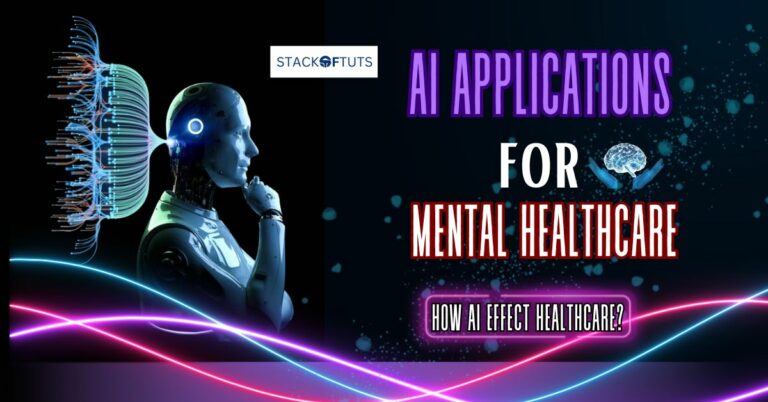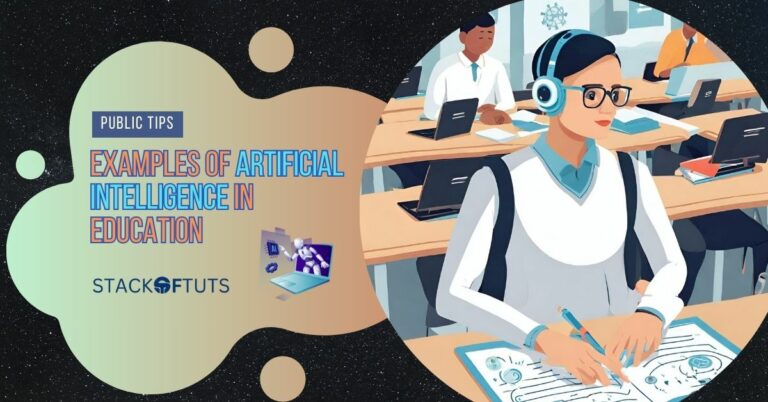
Artificial Intelligence (AI) is rapidly redefining various industries, and the world of cinema is no exception. From production to distribution, to the very way we experience movies, AI is transforming the landscape of cinema theatres. Here’s a comprehensive look at “Artificial Intelligence Transformative Impact on Cinema Theatres” and how this technological advancement is leaving its imprint on movie theatres around the world.
Best Impacts of AI on Cinema Theatres
We’ll be exploring Artificial Intelligence Transformative Impact on Cinema Theatres
1. Enhanced Viewing Experience

- Personalization: AI-driven algorithms are increasingly used to analyze viewer preferences. This means that soon, movie theatres might offer personalized movie recommendations or create special showings based on the collective preferences of a particular audience.
- Immersive Sound and Vision: Through AI-driven software, sound and visual effects are more accurately calibrated, offering audiences a highly immersive cinematic experience.
2. Predictive Analytics for Box Office Hits

Gone are the days when choosing the next big blockbuster was solely based on intuition. With predictive analytics, AI can analyze vast amounts of data – from social media trends, and past box office sales to critic reviews – to predict the potential success of a film. By identifying patterns and correlations, theatres can make informed decisions on which movies to showcase and avoid potential box office duds.
3. Optimized Scheduling and Crowd Management

Have you ever wondered why certain movie times are more crowded than others? AI plays a part in this. By analyzing ticket sales, local events, and even weather patterns, AI helps theatres optimize their movie schedules. This ensures that theatres maximize attendance while also reducing overcrowding, leading to a better viewing experience for all.
4. Enhanced Security

Safety first! AI is not just about optimizing profits or enhancing the moviegoer experience. With advanced facial recognition technologies and behavior prediction models, AI can alert theatre staff about potential security threats. This not only ensures the safety of the patrons but also of the invaluable equipment and infrastructure.
5. AI in Advertising

Ever noticed how some movie trailers just seem to resonate with you? AI plays a role here as well. By analyzing audience demographics and preferences, theatres can tailor ads to better appeal to their audience. This ensures a more personalized and engaging advertisement experience, making the trailers as enjoyable as the feature presentation.
6. Chatbots for Customer Service

The next time you have a query about movie timings or ticket availability, don’t be surprised if you’re assisted by a chatbot. AI-powered chatbots can handle a plethora of customer queries in real time, enhancing customer service efficiency. These chatbots can provide instant responses, book tickets, and even suggest movies based on your preferences.
7. Reviving Old Classics

For film aficionados who cherish old classics, AI has a treat in store. With machine learning algorithms, old movies can be digitally restored, colors can be enhanced, and audio quality improved. This means your favorite old films can be enjoyed in high-definition, making nostalgia come alive like never before.
8. Virtual Reality (VR) and Augmented Reality (AR) Experiences

Understanding VR and AR: VR immerses users in a digitally created environment, while AR overlays digital content in the real world. Both offer unique, immersive experiences that can greatly enhance the movie-going experience.
AI’s Role in VR and AR: With AI, VR and AR experiences in cinema theatres have become more interactive and personalized. AI algorithms can understand a viewer’s preferences and modify the content accordingly. For instance, if a viewer is particularly interested in a character, an AI-enhanced VR movie could provide additional scenes or background information about that character.
Benefits for Cinema Theatres: Cinemas can offer specialized VR/AR rooms or booths, providing moviegoers with an experience beyond traditional 2D or 3D viewing. This not only increases ticket sales but also offers a unique selling proposition in an age where home streaming is a popular choice.
9. Automated Subtitling and Dubbing

Traditional subtitling and dubbing processes are time-consuming. Automated subtitling uses AI to instantly translate and display dialogue in different languages, while dubbing involves AI algorithms mimicking human voices to provide accurate voiceovers.
AI’s Magic Touch: AI algorithms are now so advanced that they can recognize context, slang, and cultural nuances. This ensures that subtitled or dubbed content remains true to its original intent. Plus, it’s faster and often more cost-effective.
Advantages for Theatres: With automated processes, movies can be released in multiple languages simultaneously, reaching a wider audience. This means theatres can cater to a more diverse demographic, potentially increasing viewership and revenue.
10. Enhancing Accessibility

The Need for Accessibility: Every individual, regardless of their abilities, should be able to enjoy cinematic masterpieces. People with hearing or visual impairments often face challenges when it comes to enjoying movies.
AI to the Rescue: AI-powered tools can provide enhanced subtitles for those with hearing impairments, describing not just the dialogue but also the background sounds, tone of voice, and more. For visually impaired individuals, AI-driven audio descriptions can narrate the on-screen actions in detail.
Benefits for Cinema Theatres: By enhancing accessibility, theatres can attract a broader audience base. It’s not just about increasing revenue but also about promoting inclusivity and ensuring that cinema remains a universal form of entertainment.
FAQs
AI is poised to revolutionize cinema by enabling more creative storytelling with CGI, streamlining post-production, and personalizing viewer experiences, shaping the future of filmmaking and viewing.
AI’s biggest impact lies in automating complex tasks, leading to unprecedented efficiency and precision, and unlocking new possibilities across all sectors from healthcare to education, fundamentally altering how we live and work.
AI may not take over cinema completely but it will transform it, enhancing how films are made and experienced, while human creativity remains irreplaceable at the heart of storytelling.
AI will shape the future by streamlining decision-making, customizing user experiences, and solving complex problems, marking a shift towards more data-driven and efficient global progress.
Conclusion
The integration of AI into cinema theatres is reimagining the way we experience movies. From tailored viewing experiences to improved operational efficiencies for theatre owners, the future of cinema is bound to be more dynamic, accessible, and immersive. As with any technology, there will be challenges and ethical considerations, especially concerning data privacy and job displacement. However, with a balanced approach, AI can usher in a golden era for cinema enthusiasts and industry stakeholders alike.
Thanks!





